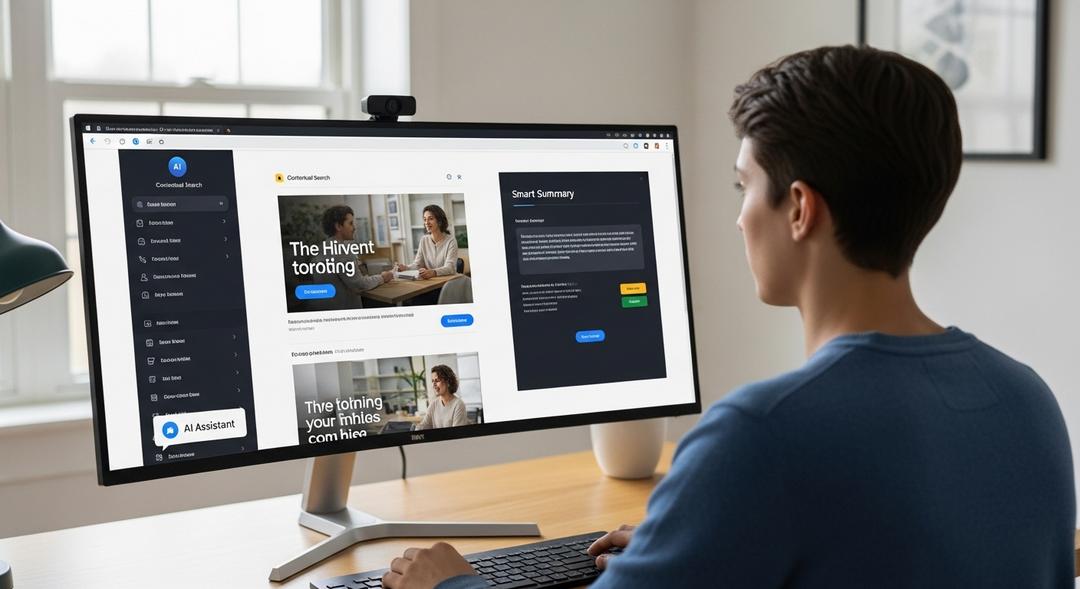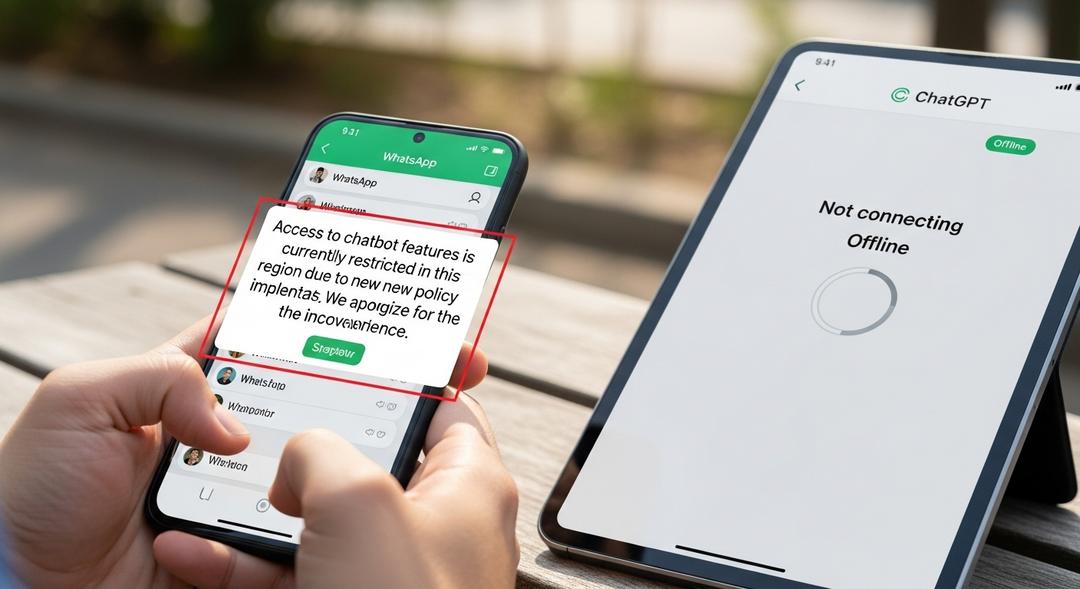A new race for search and browser dominance is heating up, even as the Justice Department presses its case against Google.
On July 9, tech firm Perplexity AI swung open the doors to fresh web browser, a fresh web browser that leans heavily into artificial intelligence. Comet’s pitch is a smarter, smoother browsing experience using a blend of AI models from giants like OpenAI, Anthropic, and Google, all while delivering accurate citations and direct links.
The innovation wave is growing. OpenAI is reportedly on the brink of launching its own AI web browser, one that is said to compete head-to-head with Google Chrome.
This burst of new competition arrives just as Google finds itself in an uncomfortable spotlight. The Justice Department scored a 2024 court victory against Google under antitrust laws, alleging the company unfairly protected its search turf.
Judge Amit Mehta, who oversaw the case, noted Google’s extraordinary effort and focus: “It has hired thousands of highly skilled engineers, innovated consistently, and made shrewd business decisions.” He added, “The result is the industry’s highest quality search engine, which has earned Google the trust of hundreds of millions of daily users.”
Challengers Step into the Search Arena
Some experts still aren’t convinced government action will truly open up the field. Proposals like separating Google Chrome from the rest of Alphabet’s tech empire have drawn criticism from browser makers such as Mozilla and from competition analysts.
Jack Nicastro, a legal observer of the case, pointed out that even if Chrome was split off, Google’s influence in search would likely endure, since users could simply access Google through Safari, Firefox, Edge, or any other browser they choose.
Google may dominate 68 percent of the global browser market and nearly 90 percent of search, but both numbers are now at their lowest in decades. The rise of AI-empowered tools and changing user habits are steadily drawing lines of new rivalry in the sand.
OpenAI’s ChatGPT now draws over 500 million weekly users and brings in an estimated $10 billion annually. Perplexity, which kicked off operations in 2022, already boasts more than 22 million active users and close to 14 million app downloads.
Investors are pouring in as well, with heavyweights like NVIDIA, Apple, and Meta backing Perplexity’s rapid climb; Apple and Meta reportedly tried to buy the company outright.
Market signals point to Perplexity more than doubling its current revenue run rate soon, eclipsing the $80 million it drew in 2024 as it challenges Google’s long-standing prominence.
For many in the tech world, the surge of these nimble newcomers is ammunition in an ongoing debate. The story unfolding suggests the market might be able to encourage competitors and foster new ideas, even as regulators contemplate dramatic action, as highlighted in browser shakes up search.








